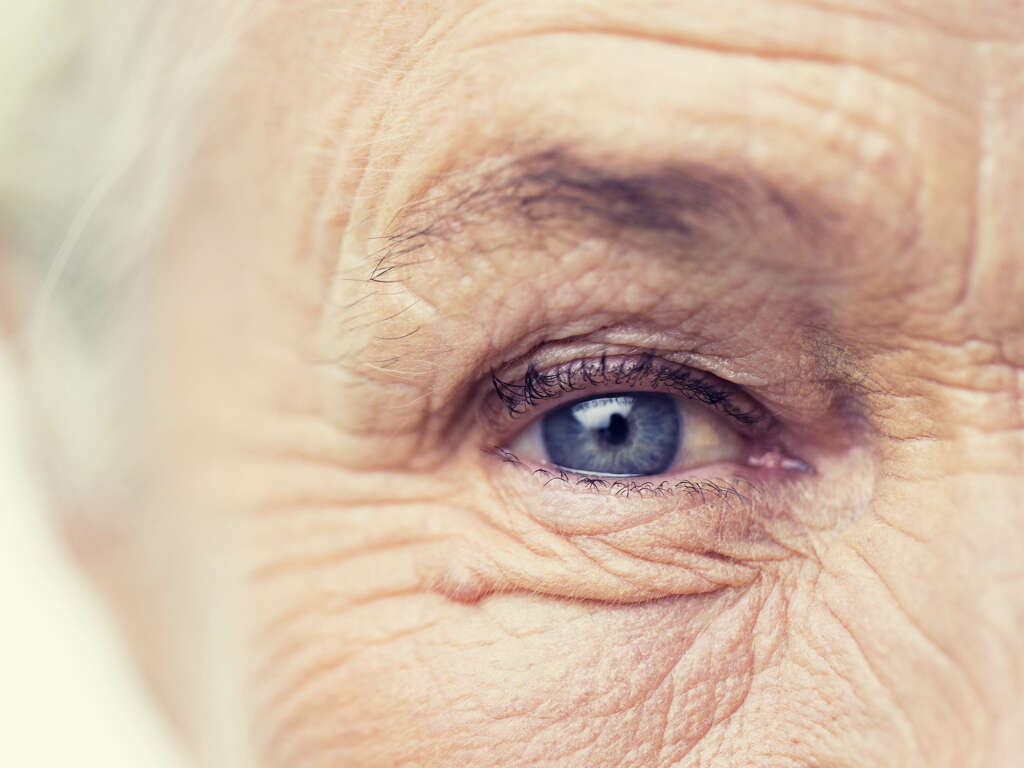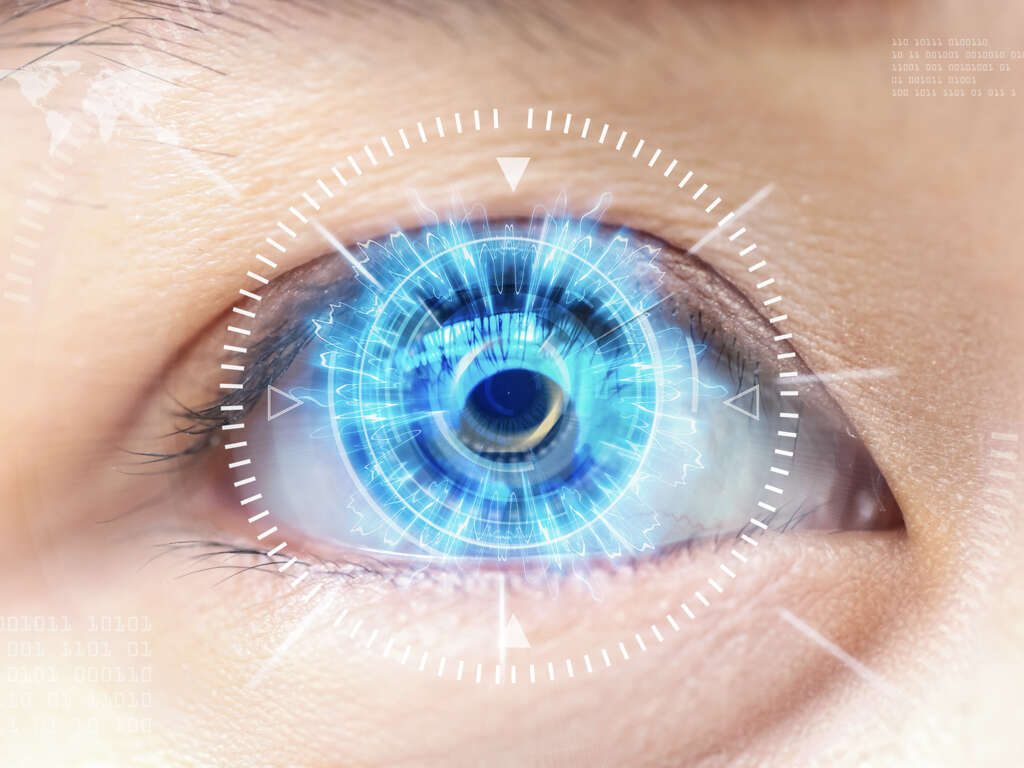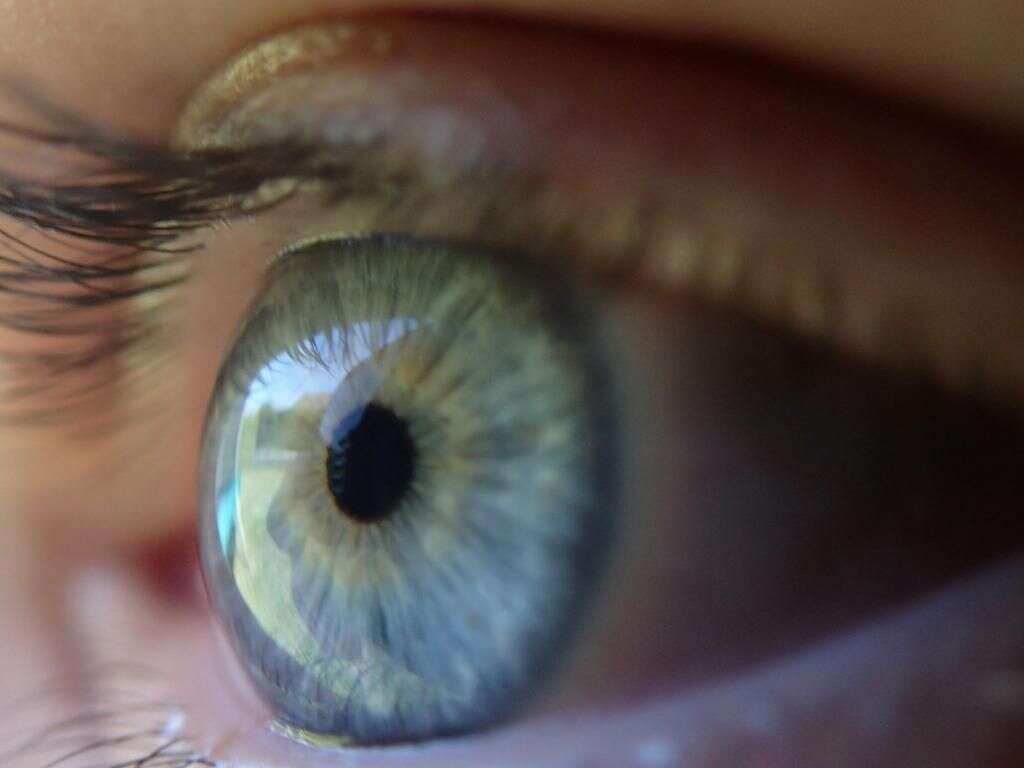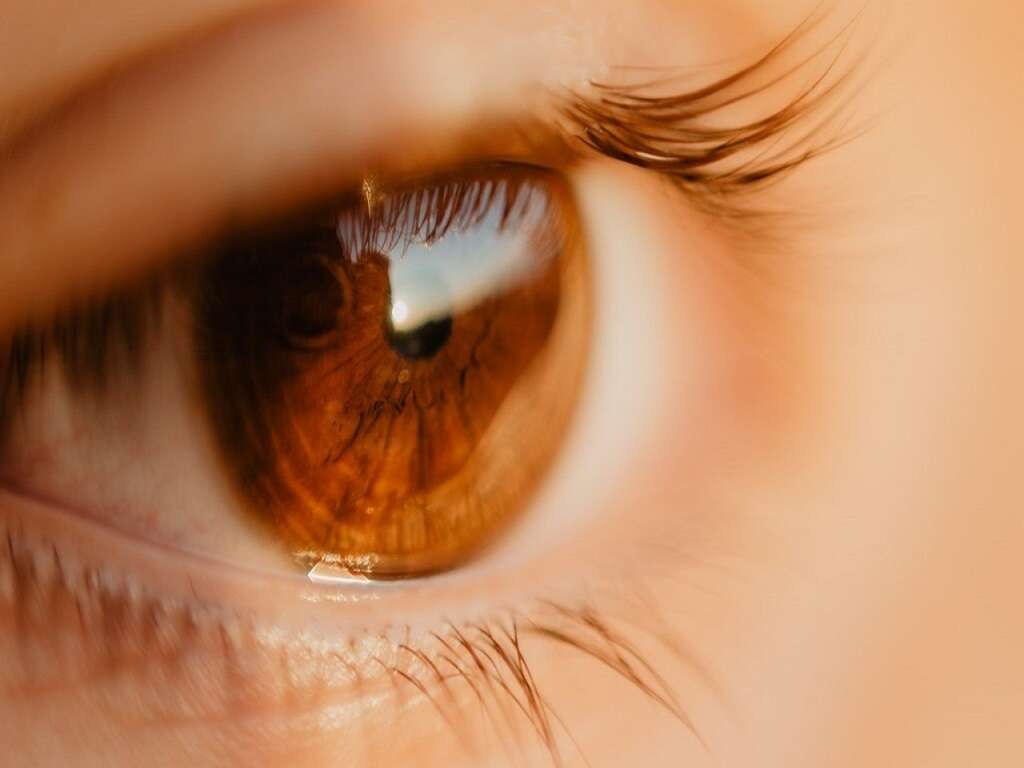10 Cataract Symptoms
A cataract is the clouding of the lens in the eye and leads to your vision being affected. The lens functions to focus light on the retina and once clouded can no longer focus properly causing vision issues.
Since most cataracts are associated with aging, it is usually seen among older people. The word ‘aging’ may be misleading as cataracts not only occur in the elderly but can start affecting people who are in their 40s or 50s. However, at this age, the cataract is still small and has yet to affect vision. In some special cases, it may also affect infants and young children. A cataract can occur in one or both eyes but does not spread from one to the other. It is not contagious and occurs when the protein in the lens clumps together and cloud an area of the lens. This eventually becomes larger and makes it harder for the affected individual to see.
Symptom #1: Changes In Color
Having a cataract may cause some color changes in the affected eye where it may start to look yellowish or light brown. This occurs due to the clumping of protein in the lens and causing the lens to cloud. The light that enters the eye is therefore perceived in a different hue.
Patients have described the color change as comparable to wearing sunglasses that blocks violet and blue lights. In more severe or advanced cases, the lens turns a milky color. If left untreated, the vision of the affected individual can be reduced to only being able to distinguish between light and dark. Corrective surgery is required in the management of cataract.
Symptom #2: Light Sensitivity
If you never had issues with bright light such as lamps, sunlight, or car headlights bothering you before but now your eyes are much more sensitive to lights and always seems too bright, it may be one of the first signs that you have cataracts. Many patients with light sensitivity report that any activities with bright lights such as driving at night and watching movies in the theatres become extremely uncomfortable.
If you are having this issue, it may help you if you wear sunglasses or a wide brim hat to decrease the amount of light entering your eyes. You can also avoid activities that cause discomfort. If you suspect that you have a cataract, you can see a trained optometrist or ophthalmologist who will be able to examine your eyes in detail after dilation.

Symptom #3: Blurry Vision
Due to the protein clumping in the lens, the light that enters the affected eye can no longer be focused on the retina. This causes blurring of vision and worsens as the severity of the cataract increases.
Most patients describe the blurry vision like wearing glasses that are fogged up. Some patients have described it comparable to an impressionist painting. Everything will look cloudy, dim, or blurry.
Symptom #4: Frequent Change In Eyeglasses
If you have been needing your eyeglasses to be changed frequently, you may be suffering from a cataract. Having a rapid deterioration in vision is a warning sign of a cataract. Buying a pair of stronger reading glasses from the local drugstore is no longer going to fix your problem.
Without proper treatment, stronger eyeglasses or contact lens will not be able to help you see better. In this case, you should ask your ophthalmologist or optometrist for a detailed eye examination to check for cataract as there is much more benefit if you receive prompt treatment.
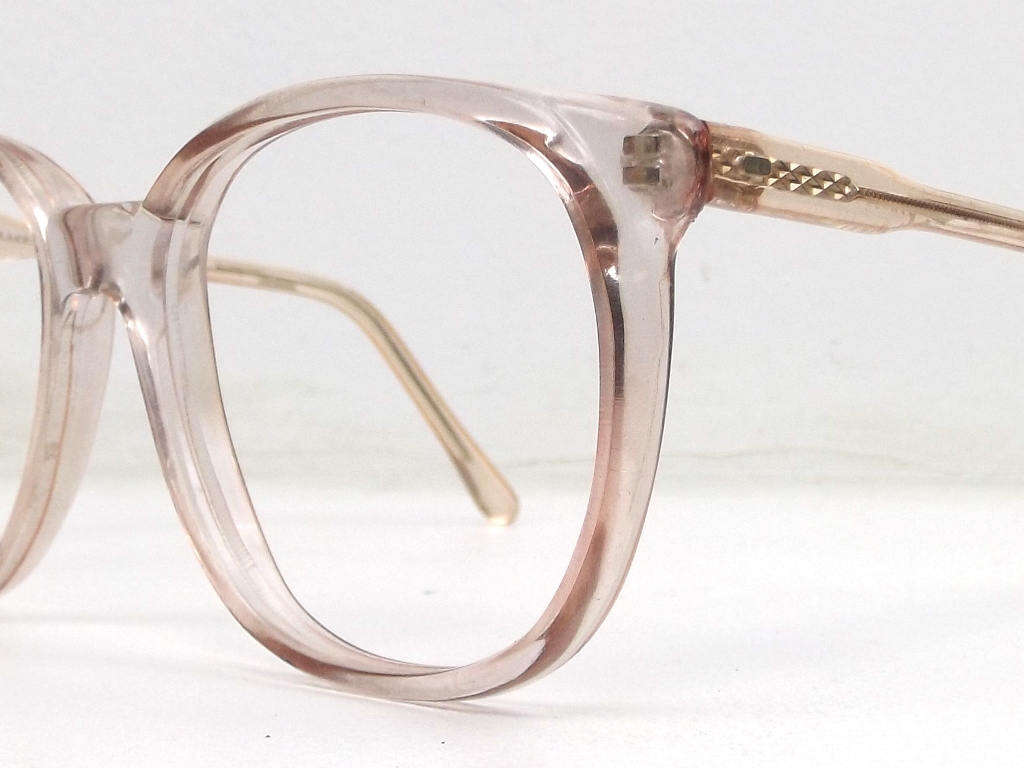
Symptom #5: Seeing Double
The lens in the eye that functions to focus light onto the retina becomes clouded. This causes the lens to no longer be able to focus the light causing issues such as blurry vision and double vision. Double vision occurs when there is diffraction from the lens leading to diplopia.
However, it can also occur in diseases such as brain tumors, multiple sclerosis, stroke, and swelling of the cornea. Since double vision does not occur only in cataract, if you are experiencing this issue, it is best to see your doctor to rule out potentially life-threatening issues and seek treatment for your cataract.
Symptom #6: Loss of Night Vision
Due to the other symptoms of cataract such as cloudy vision, double vision, change in vision color, and deterioration of vision, it can make it hard for you to see especially at night. In this case, you should avoid driving at night as the lights from opposing traffic may also cause you to not be able to see. A study has also found that the treatment of cataracts can reduce the risk of road traffic accidents by 13 percent.
There are even patients who suffer injuries from falls and other accidents as they have trouble seeing objects in their path at night. It is therefore recommended that individuals with cataracts enlist the help of others.

Symptom #7: Halos
Just like the other symptoms in cataract, halos are caused by the clouding of the lens leading to diffraction of the light that enters the eye. Halos are most commonly seen around light sources. It can be described as seeing rings around light sources in a variety of colors.
This can cause difficulty in activities such as driving especially at night. Streetlights and headlights can be bothersome for individuals who are affected as it can be distracting. If you are at home, you can dim the brightness of the light source or covering it using lamp shades.
Symptom #8: Increased Nearsightedness
There are several types of cataracts. One particular type known as the nuclear cataract affects the central portion of the lens in the eye causing the affected individual to have nearsightedness.
The severity of the nearsightedness will change with the advancement of the cataract. For the elderly, it makes it easier for them to see objects that are close. It gives a false sense of security making them think that their vision is improving but in actuality, is a sign of cataract.

Symptom #9: Trouble With Details
Some of those with cataract can experience some difficulty with details such as contours of objects and faces. These individuals may have trouble seeing another person’s expression.
They can also have problems with curves and lines on appliances and gadgets. If you notice that you or your love one is having trouble with the remote, phones, or tablets which was not present previously, it may be a symptom of cataract.
Symptom #10: Need For More Light
In some cases of cataracts, affected individuals may attribute their increased need of more light to aging. As a person ages, we will need three to four times increase in light to perform out routine activities such as writing, sewing, home repairs, and knitting.
The aging eye requires brighter and more focused lights along with extra assistance such as reading glasses and bifocals. This need increases gradually and can occur in both increased age and cataract. In severe cases, they might even think that natural sunlight is not bright enough for them to perform their daily activities.



